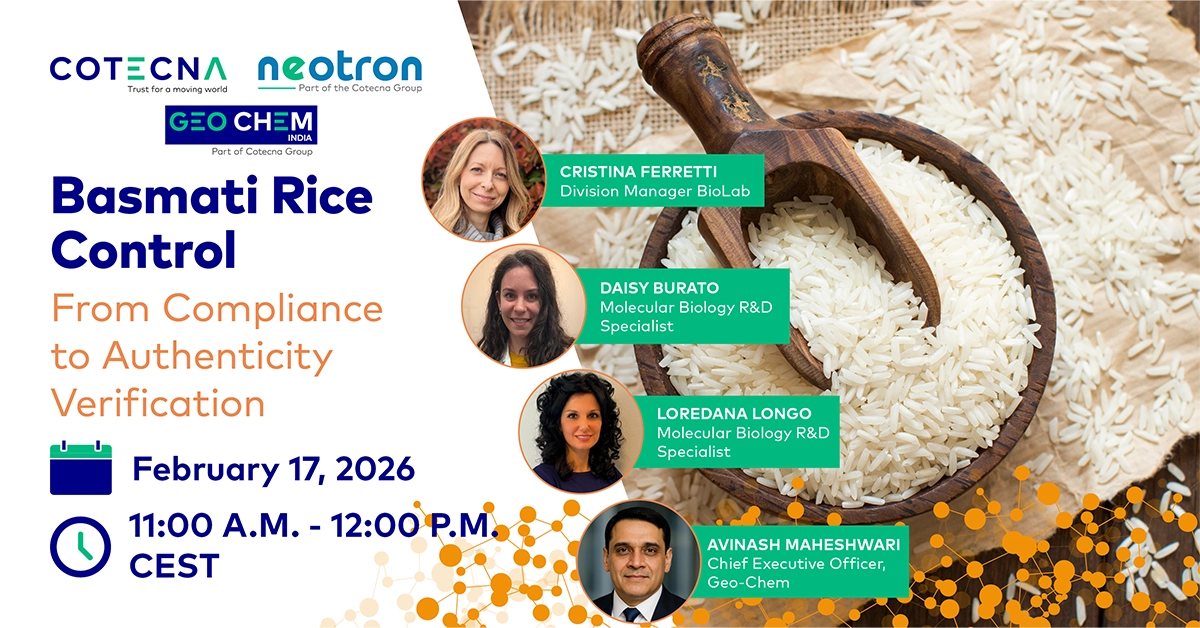Tags
Jigawa begins dry season farming, targets 3.6m metric tonnes of rice
Adeola Ajakaiye.

Jigawa State Government has set an annual target of 3.6 million metric tonnes of rice from the over 1.2 million hectares of land recently cultivated and developed for all-season farming scheme proposed and actualised by the Umar Namadi’s Administration in the State.
Governor Umar Namadi of Jigawa State, who made the statememt at the weekend while flagging off the 2025 Dry Season Rice Production Programme, and the launched of Jigawa Rice Value Chain Development Initiative held at Auyo Local Government Area, described the launch as a turning point in the State’s agricultural development agenda.
While noting that Jigawa State Agriculture Policy was designed to position the State as Nigeria’s leading rice producer, the governor said, “This event is more than just another agricultural initiative—it embodies our collective determination to position Jigawa State as Nigeria’s agricultural powerhouse and a key contributor to national food security.
“Under the initiative, 58,500 farmers will benefit from subsidized inputs such as certified seeds, fertilizers, agrochemicals, and access to irrigation equipment, including 20,000 water pumps—10,000 solar-powered and 10,000 fuel-powered—to ensure efficient water supply during the dry season.
“Our goal is to reach 500,000 hectares of dry season rice cultivation by 2030, with the long-term objective of cultivating 1.2 million hectares annually to produce 3.6 million metric tonnes of rice”.
The governor highlighted that the State’s broader mechanisation agenda, included the procurement of 360 tractors and 70 combine harvesters, and establishment of the Jigawa Farm Mechanisation Service Company to provide affordable mechanisation services to farmers.
The governor noted that Jigawa is already the second-largest rice-producing State in Nigeria, saying the new programme would deepen the State Government’s achievement and promote transparency.
Governor Namadi said the State had started implementing the Jigawa Input Voucher System to ensure accountability in input distribution.
“We will not tolerate any form of malpractice—whether input diversion, loan default, or other sharp practices. These resources represent the hard work and sacrifice of all Jigawa citizens, and we will protect them vigorously. We are building a fully mechanised agriculture sector—from land preparation to harvesting”, he said.
Earlier, Saifullahi Umar, Technical Adviser on Agriculture, described rice as “the bedrock of food security, a critical driver of household incomes, and a strategic commodity in our national agricultural transformation agenda”, explaining that the programme was built around five pillars: access to inputs, extension services, financing, climate-smart practices, and robust data systems.
https://businessday.ng/agriculture/article/jigawa-begins-dry-season-farming-targets-3-6m-metric-tonnes-of-rice/Published Date: April 15, 2025







